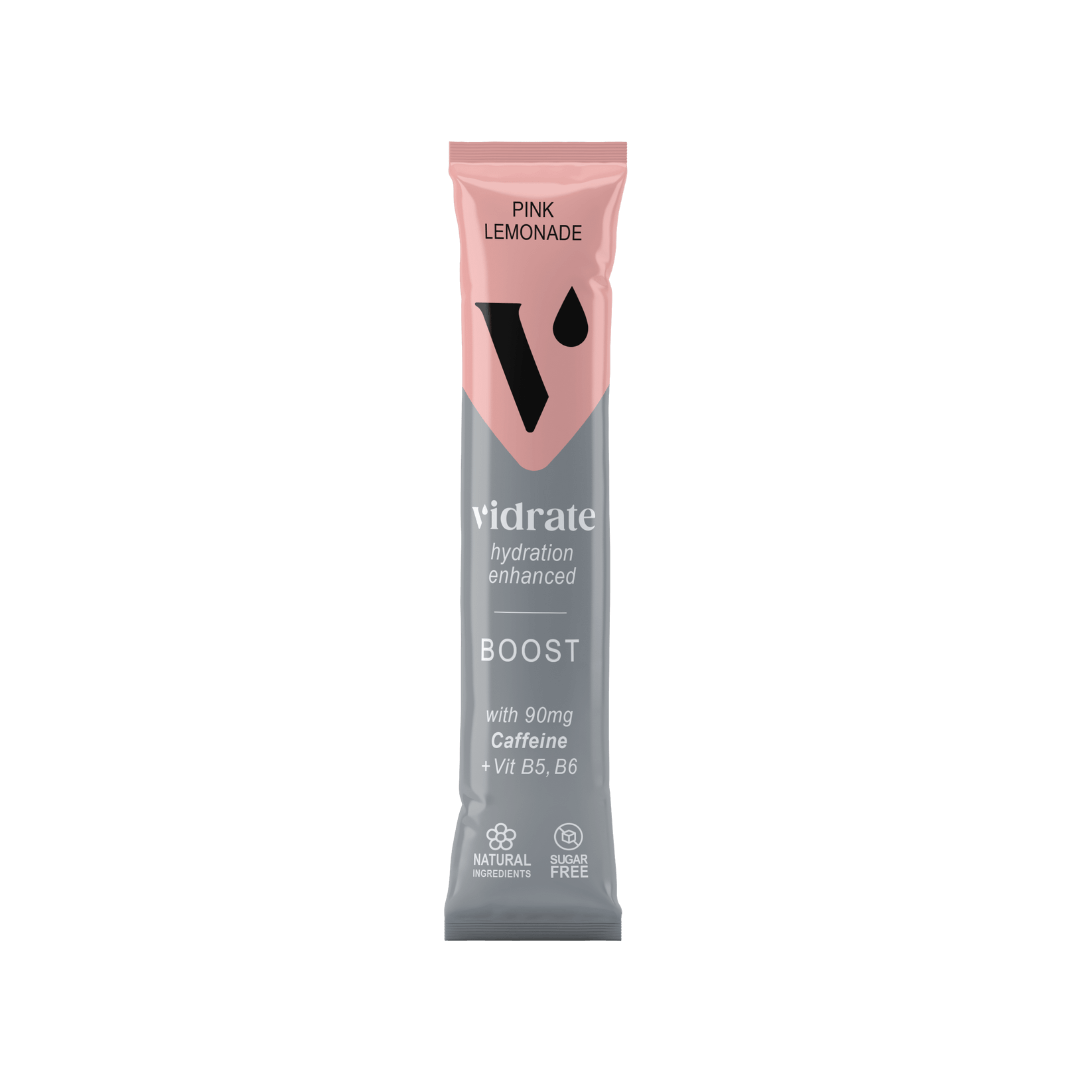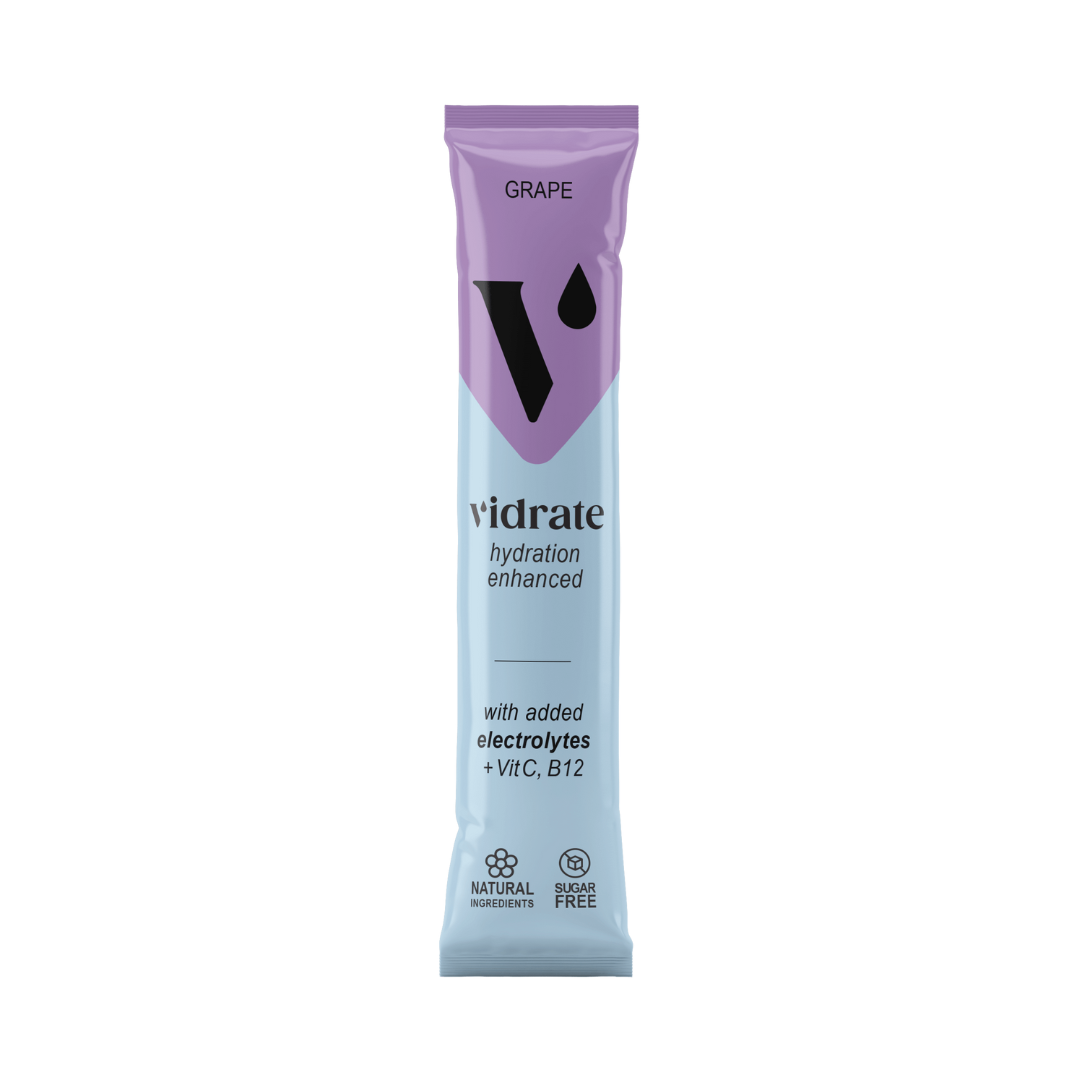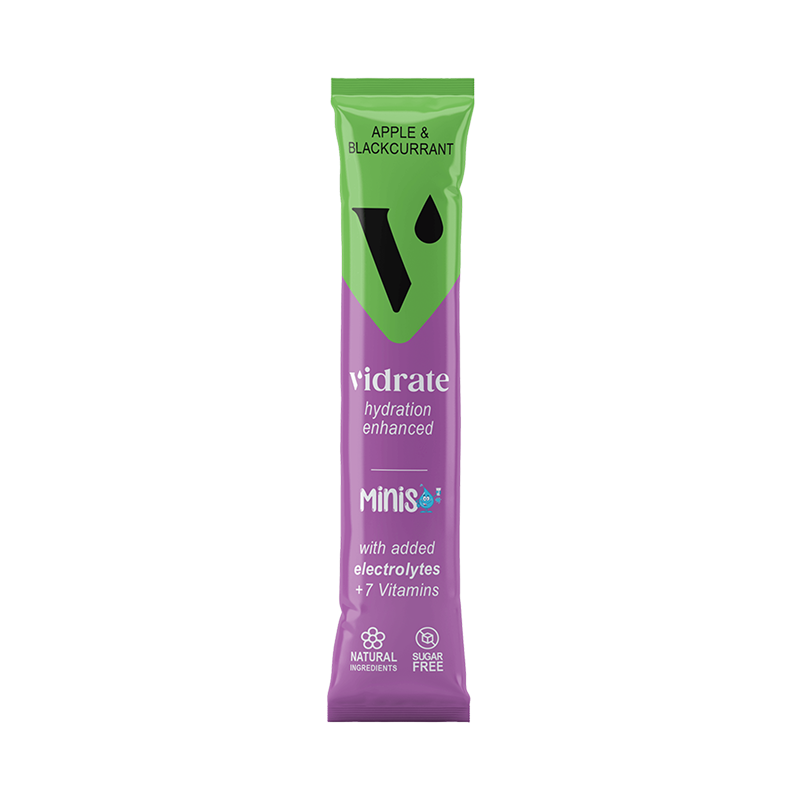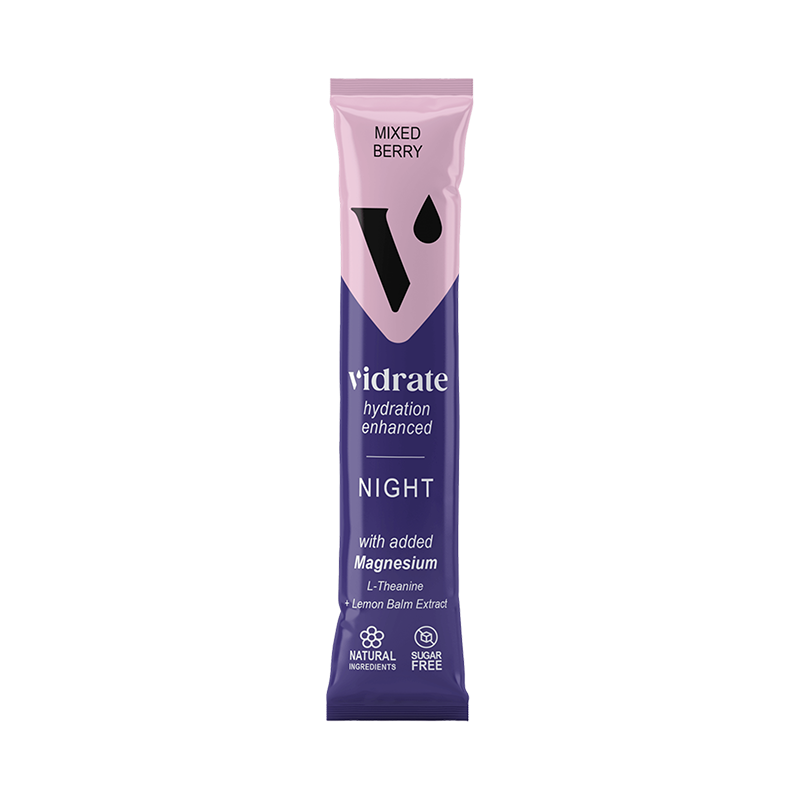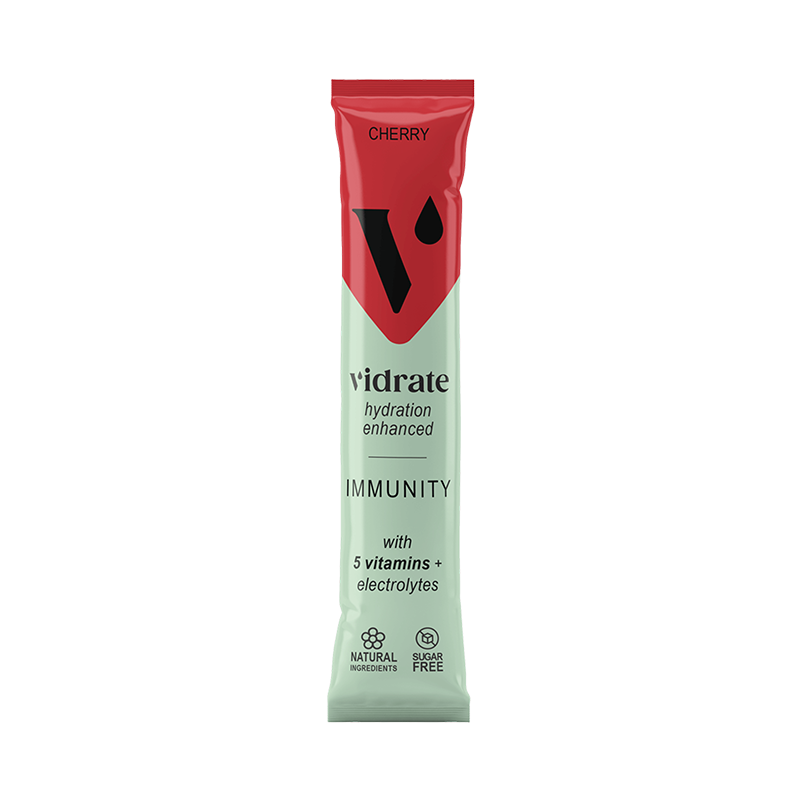

By Conor Evans
What Happens When we Sweat
Sweating is a natural process that our body undergoes to regulate body temperature and maintain homeostasis. When our body temperature rises, either due to external factors such as hot weather or internal processes such as physical activity, the brain sends signals to our sweat glands to produce sweat.

Sweat is mostly composed of water, but it also contains small amounts of salts and other minerals, such as sodium, potassium, and calcium. As the sweat evaporates from the surface of our skin, it cools our body down, which is important for preventing overheating and heatstroke.
There are two types of sweat glands in our body: eccrine glands and apocrine glands. Eccrine glands are found all over our body, and they produce sweat that is mostly composed of water and salts. Apocrine glands, on the other hand, are found in areas with a high concentration of hair follicles, such as our armpits and groin area. Apocrine glands produce sweat that contains proteins and fats, which can lead to body odour when they mix with bacteria on our skin.

While sweating is a necessary bodily function, excessive sweating, also known as hyperhidrosis, can be a medical condition that requires treatment. Hyperhidrosis can cause social embarrassment and interfere with daily activities. Treatments for hyperhidrosis include antiperspirants, medication, Botox injections, and surgery.
Sweating can also have other health benefits. It can help to detoxify our body by removing toxins and waste products through our sweat. Sweating can also help to improve skin health by unclogging pores and promoting circulation.
Sweating is a natural bodily function that plays a crucial role in regulating body temperature and maintaining good health. While excessive sweating can be a medical condition that requires treatment, sweating can also have other health benefits. By understanding the process of sweating, we can take steps to maintain good health and prevent potential medical conditions.
